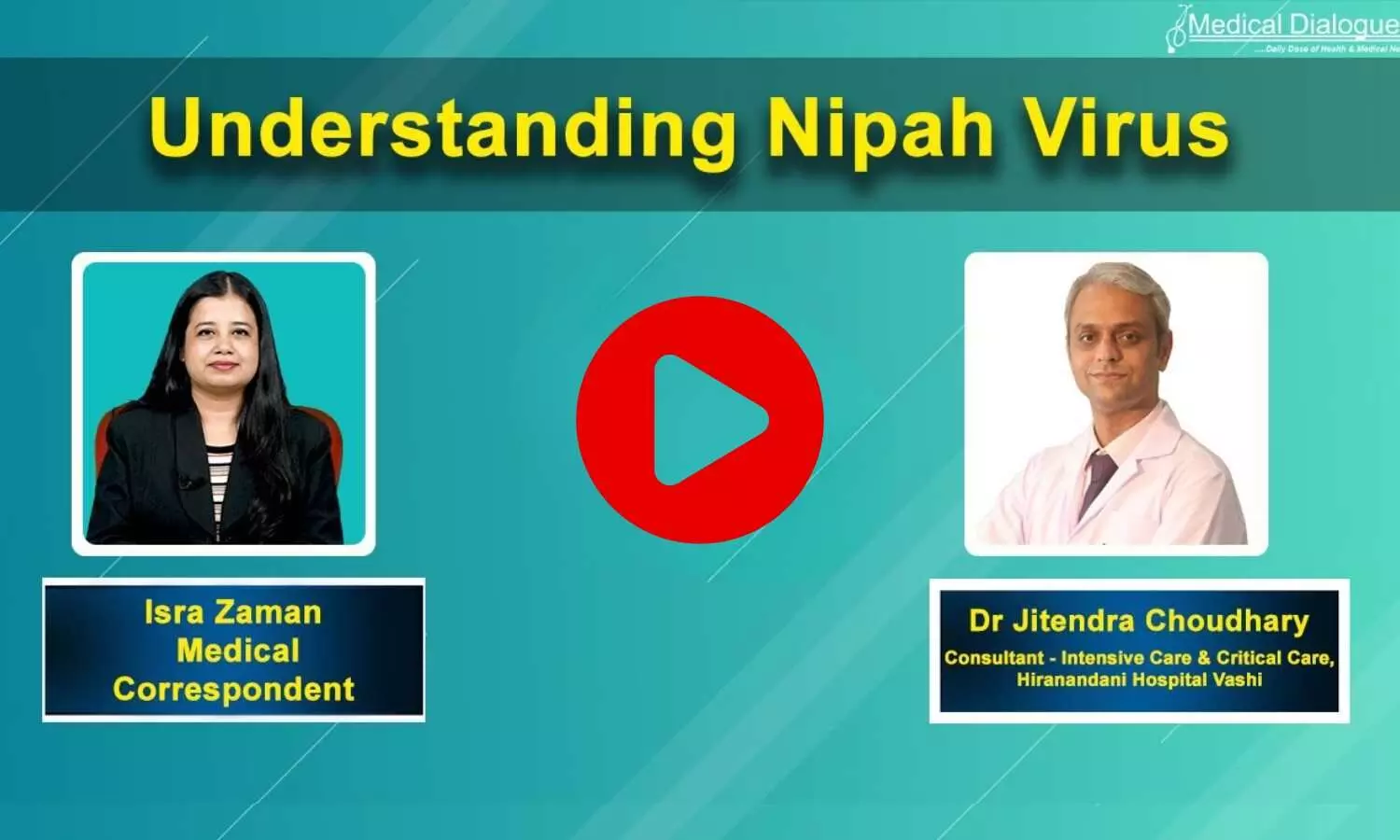- Home
- Medical news & Guidelines
- Anesthesiology
- Cardiology and CTVS
- Critical Care
- Dentistry
- Dermatology
- Diabetes and Endocrinology
- ENT
- Gastroenterology
- Medicine
- Nephrology
- Neurology
- Obstretics-Gynaecology
- Oncology
- Ophthalmology
- Orthopaedics
- Pediatrics-Neonatology
- Psychiatry
- Pulmonology
- Radiology
- Surgery
- Urology
- Laboratory Medicine
- Diet
- Nursing
- Paramedical
- Physiotherapy
- Health news
- AYUSH
- State News
- Andaman and Nicobar Islands
- Andhra Pradesh
- Arunachal Pradesh
- Assam
- Bihar
- Chandigarh
- Chattisgarh
- Dadra and Nagar Haveli
- Daman and Diu
- Delhi
- Goa
- Gujarat
- Haryana
- Himachal Pradesh
- Jammu & Kashmir
- Jharkhand
- Karnataka
- Kerala
- Ladakh
- Lakshadweep
- Madhya Pradesh
- Maharashtra
- Manipur
- Meghalaya
- Mizoram
- Nagaland
- Odisha
- Puducherry
- Punjab
- Rajasthan
- Sikkim
- Tamil Nadu
- Telangana
- Tripura
- Uttar Pradesh
- Uttrakhand
- West Bengal
- Medical Education
- Industry
Expert Insights: Understanding Nipah Virus Infection Ft. Dr. Jitendra Choudhary
Overview
In today's video we will discuss about the recent outbreak of Nipah Virus, a zoonotic virus that causes infection in humans and other animals, a disease with a high mortality rate. In its recent outbreak in Kerala, the tally stands at six cases, including two fatalities.
To gain insights into this potentially life-threatening disease, Medical Dialogues interviewed Dr. Jitendra Choudhary, who is a consultant at Intensive Care & Critical Care, Hiranandani Hospital, Vashi.
Dr Jitendra Choudhary received his MD degree from BJMC, Ahmedabad. After completing his MD in Anesthesiology, he perceived Critical Care training and completed his FNB in Critical Care Medicine. He has been working in Critical Care for the past eight years.
In this video, he provides answers for the following questions:
1. Why we should be concerned about the Nipah Virus Infection?
2. How is the virus transmitted? What are the common symptoms that patients should be aware of?
3. Are there any risk factors for contracting the Nipah Virus?
4. How is the Nipah Virus diagnosed, and what is the recommended treatment protocol for individuals who have contracted the disease?
5. Are there any preventive measures or precautions people can take to reduce their risk of contracting the Nipah Virus, especially in endemic areas?
Speakers
Isra Zaman
B.Sc Life Sciences, M.Sc Biotechnology, B.Ed





